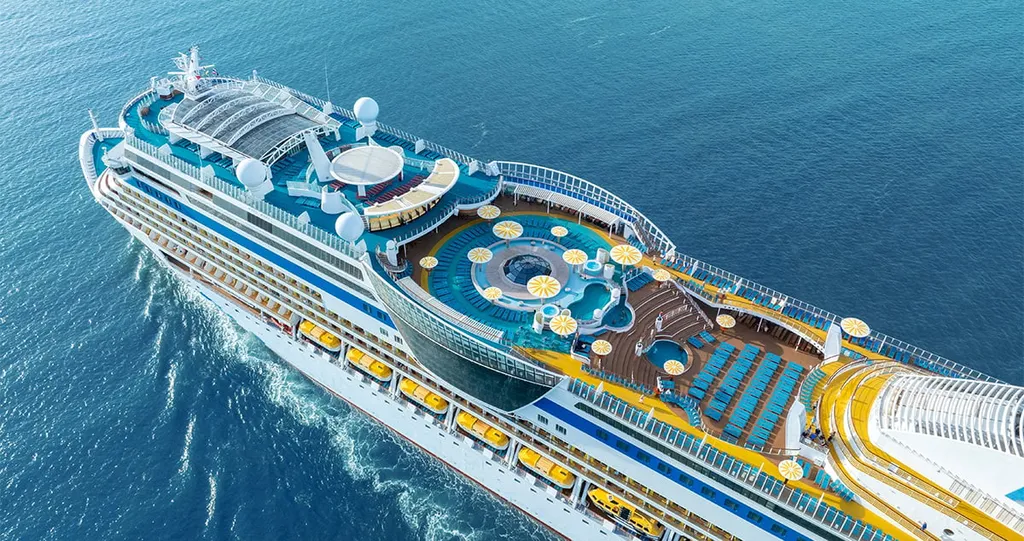In a significant stride towards enhancing ship efficiency and reducing emissions, a recent study published in the Polish Maritime Research journal, formerly known as ‘Polish Maritime Research’, has explored the potential of air lubrication technology in improving the Energy Efficiency Existing Ship Index (EEXI) for in-service vessels. Led by Abbas Nawar from the Department of Maritime Engineering at Latakia University in Syria, the research employed Computational Fluid Dynamics (CFD) techniques to evaluate the impact of air lubrication on ship performance.
The study focused on the JBC bulk carrier, a vessel design representative of many ships currently in operation. By using the Unsteady Reynolds-Averaged Navier-Stokes (URANS) equations and the k-ω SST turbulence model, Nawar and his team simulated the flow around the ship, both with and without air lubrication. The Volume of Fluid (VOF) method was used to handle the two-phase flow of air and water.
Initially, the ship model was tested without any appendages, and an Open Water Test was conducted to verify the accuracy of the numerical grid and models. Subsequently, air flow-directing strakes were added to the bottom of the ship’s parallel body to investigate the effects of air lubrication. The study found that implementing air lubrication technology with the proposed strakes reduced total ship resistance, leading to a notable 16.67% improvement in the attained EEXI value.
“This reduction directly correlates with lower CO₂ emissions per unit of transport work,” Nawar explained, highlighting the system’s potential to enhance compliance with the International Maritime Organization’s (IMO) carbon intensity regulations without compromising operational performance.
The commercial implications of this research are substantial. As the maritime industry faces increasing pressure to reduce emissions and improve energy efficiency, air lubrication technology offers a promising solution. By retrofitting existing ships with air lubrication systems, ship operators can achieve significant reductions in fuel consumption and emissions, leading to cost savings and improved environmental performance.
Moreover, the study’s findings provide valuable insights for ship designers and builders. By incorporating air lubrication technology into new vessel designs, they can create more efficient and environmentally friendly ships from the outset. This could open up new opportunities for innovation and differentiation in the maritime sector.
Nawar’s research underscores the importance of ongoing efforts to develop and implement advanced technologies that enhance ship efficiency and reduce emissions. As the maritime industry continues to evolve, such innovations will be crucial in meeting the IMO’s increasingly stringent environmental regulations and ensuring the sector’s long-term sustainability.
For maritime professionals, the study serves as a reminder of the potential benefits of embracing new technologies. By staying informed about the latest research and developments, they can make informed decisions that drive their businesses forward while contributing to a more sustainable maritime industry.

